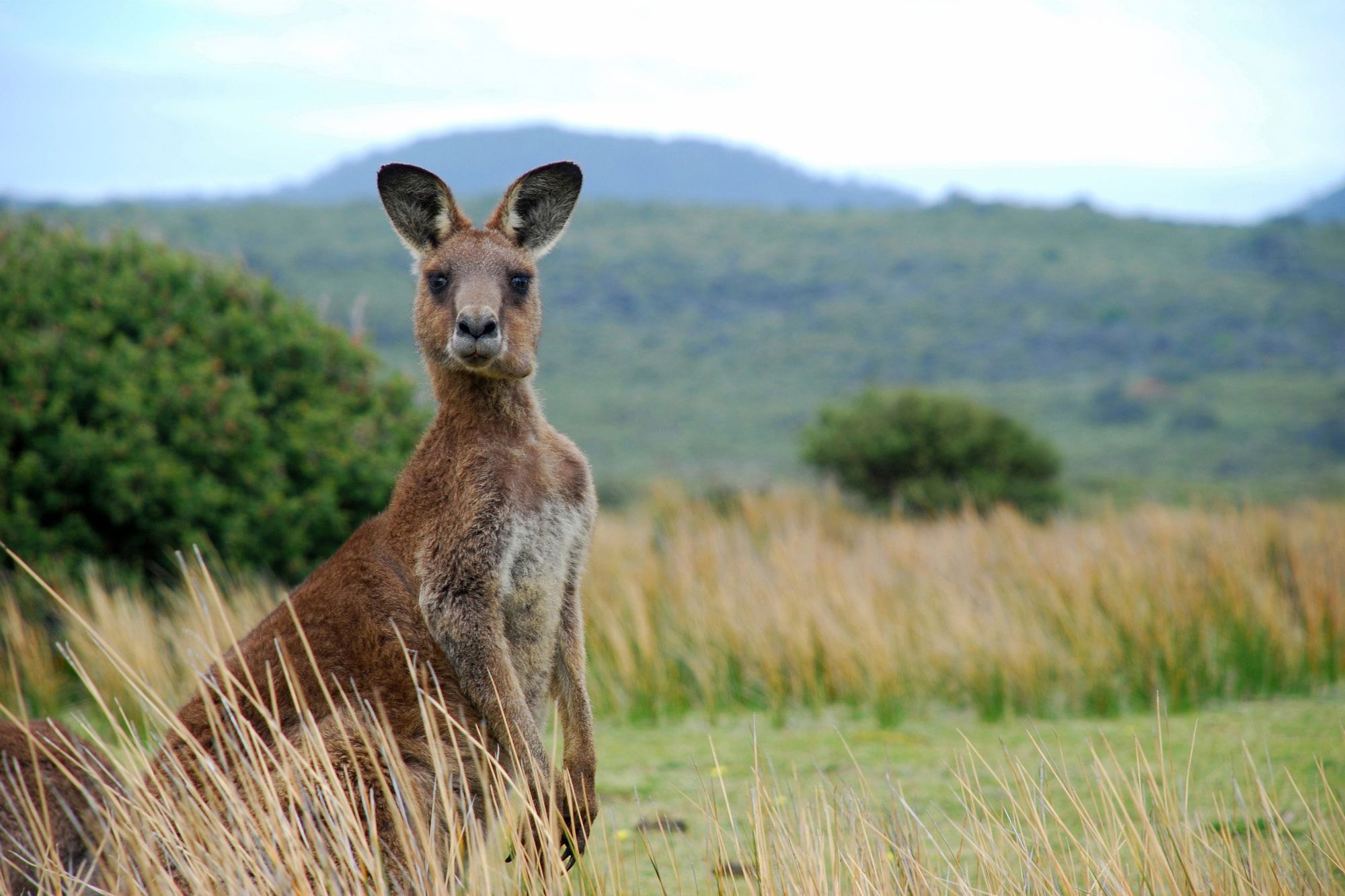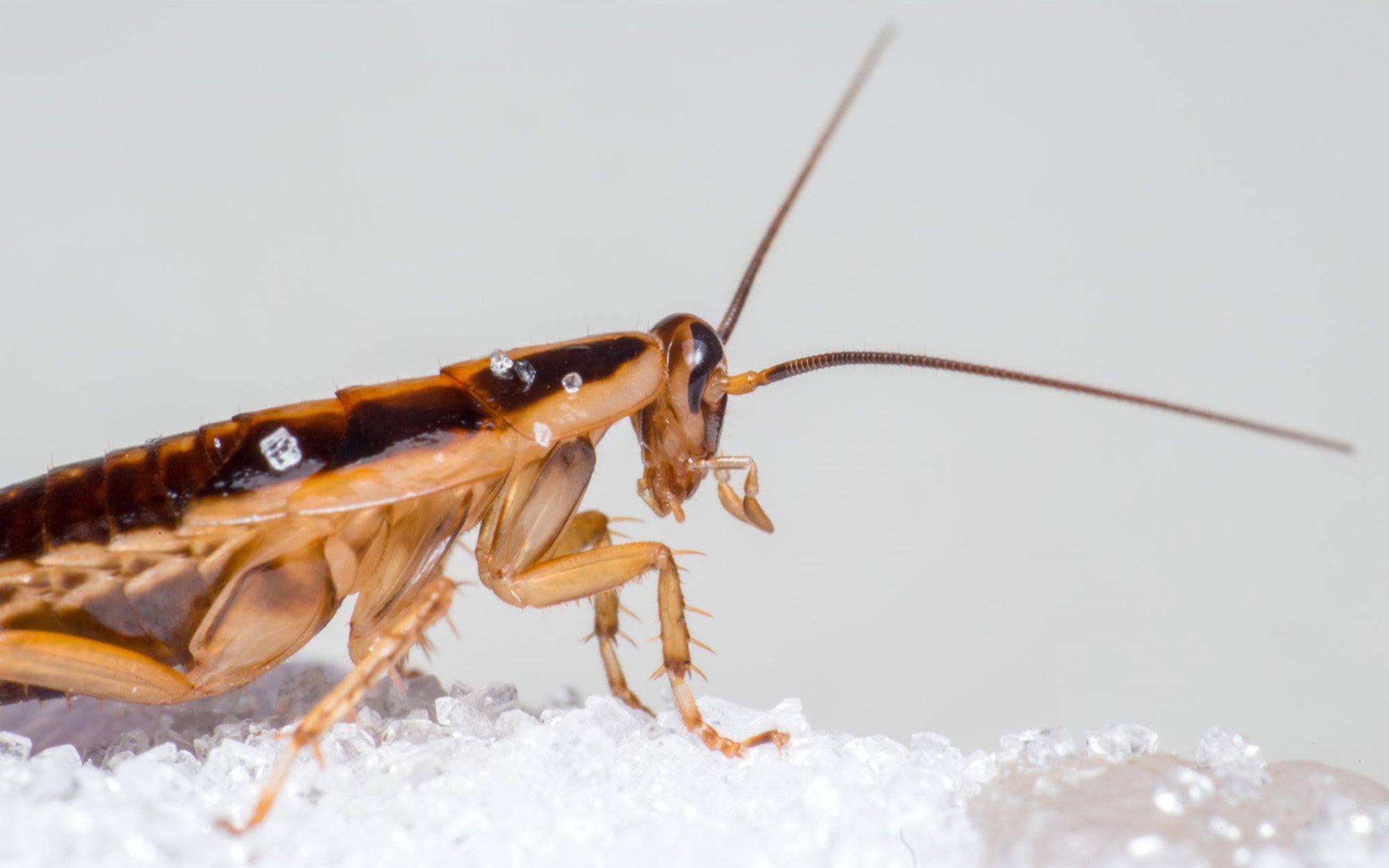Recent research shows that Australian marsupials fear humans more than any other predator, reinforcing the view of humans as the planet’s most formidable predator with significant ecological impacts.Kangaroos and wallabies are more fearful of human ‘super predators’ than they are of dogs, devils, or wolves.Australia is devoid of large, fearsome carnivores such as lions and wolves. Consequently, native marsupials like kangaroos and wallabies exhibit relatively little fear toward dogs and other introduced predators, likely due to their evolutionary inexperience with large mammalian threats. This, however, overlooks the 50,000-year-long presence in Australia of the world’s most fearsome predator – the human ‘super predator.’A new study conducted by Western University biology professor Liana Zanette, in collaboration with Calum Cunningham and Chris Johnson from the University of Tasmania, demonstrates kangaroos, wallabies, and other Australian marsupials fear humans far more than any other predator. The findings of the study were published recently published in the journal Proceedings of the Royal Society B.These results greatly strengthen findings from similar studies by Zanette and her collaborators, and others, conducted in North America, Europe, Africa, and Asia, which show wildlife worldwide fear the human ‘super predator’ far more than lions, leopards, cougars, bears, wolves or dogs.Methodology and Results of the StudyFor this new study, Zanette and her colleagues worked in the eucalypt forest in Tasmania and experimentally demonstrated that kangaroos, wallabies, and other marsupials were 2.4 times more likely to flee in response to hearing human voices compared to hearing dogs, Tasmanian devils, or wolves. Every species in the marsupial community, moreover, demonstrated the same pattern, being roughly twice as likely to flee from humans as the next most frightening predator, which in each case was dogs, and all were most vigilant to humans.“These results greatly expand the growing experimental evidence that wildlife worldwide perceive humans as the planet’s most frightening predator,” said Zanette, a renowned wildlife ecologist. “The very substantial fear of humans demonstrated here, and in comparable recent experiments, can be expected to have dramatic ecological consequences, because other new research has established that fear itself can reduce wildlife numbers, and fear of humans can cause cascading impacts on multiple species throughout entire landscapes.”To conduct their experiment, the team deployed hidden automated camera-speaker systems that, when triggered by an animal passing within a short distance (approximately 10 meters, or 30 feet), filmed the response to humans speaking calmly, dogs barking, Tasmanian devils snarling, wolves howling or non-threatening controls, such as sheep bleating.“Global surveys show humans kill prey at much higher rates than other predators, making humans a ‘super predator,’ and the profound fear of humans being revealed in wildlife everywhere is wholly consistent with humanity’s unique lethality,” said Zanette. “Humans are ‘the invisible killer’ insofar as we do not often think of ourselves as a major predator, let alone the most dangerous, but wildlife clearly think differently – and recognize us for what we are.”Reference: “Fear of the human ‘super predator’ in native marsupials and introduced deer in Australia” by Katherine McGann, Christopher N. Johnson, Michael Clinchy, Liana Y. Zanette and Calum X. Cunningham, 1 May 2024, Proceedings B.DOI: 10.1098/rspb.2023.2849
Scientists Have Identified Australia’s Most Frightening Predator




